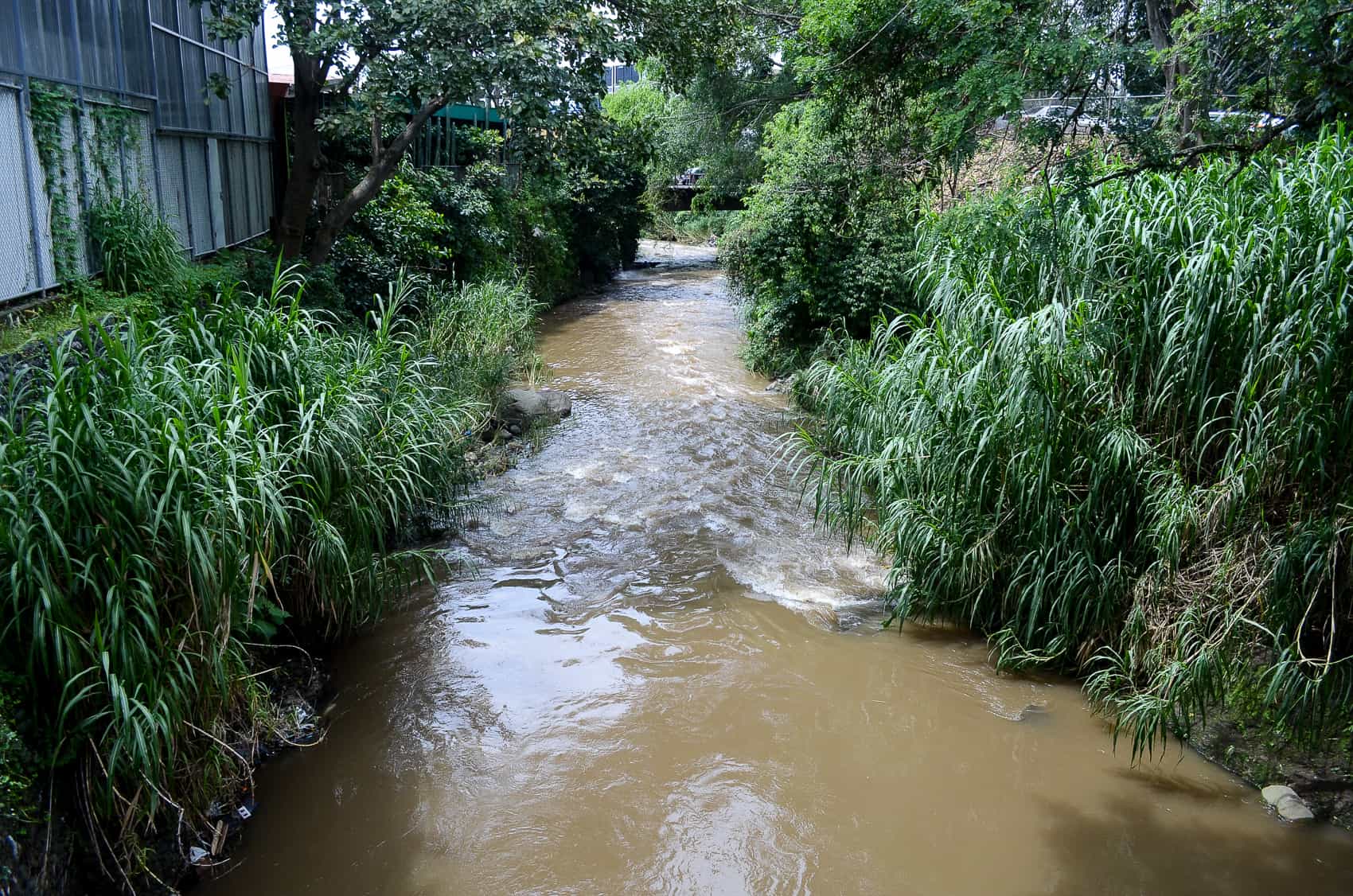The Environment Ministry (MINAE) says it received 5,722 complaints related to alleged environmental crimes in 2020.
The figure represents a 9.3% increase over 2019. More than 85% of the complaints were attended to and 67% were resolved, MINAE says.
“It is important that the population is part of this process, which also serves to support authorities in the fight against people who violate the country’s environmental laws,” said Walter Zavala, MINAE’s environmental comptroller.
Reports related to forestry — such as logging violations — were the most common in 2020.
Witnessed an environmental crime? How to file a report
If you have witnessed a person or entity commit an environmental crime in Costa Rica, you can report it via a denuncia to MINAE via the SITADA website.
To begin the process, visit the SITADA website by clicking here.
Then fill out the web form, which asks the following:
- Type of Complaint: This dropdown list includes options from impacts to biodiversity, to forest issues, to air contamination.
- Type of Infraction: This list updates dynamically based on the Type of Complaint. For instance, if you’re reporting mistreatment of a wild animal, your Type of Complaint would be “Biodiversidad,” and the Type of Infraction would be “Maltrato animal silvestre.”
- Affected Location, Reported Entity, and Infringement Address.
- Description of Infringement: A free-text field to describe the event in question. You can attach files, such as photos, to the complaint.
- Personal Information: The last fields ask for your name, identification number, phone number, address, and e-mail. You can mark a checkbox below these fields to keep your personal data confidential.
Any person who is in Costa Rica — adult or a minor, national or foreign — can file a criminal complaint to the authorities.
Reports can also be made in-person at SINAC-MINAE offices, or via telephone by dialing 1192.
Criminal complaints, or denuncias, follow a relatively standard process. After it’s filed, the report will receive a tracking number. The office handling the complaint determines the facts of the case under the guidelines of the state. If accepted, the complaint could be further investigated and punished.
There is currently no legal deadline for a complaint to be made, though there may be a statute of limitations for investigations or further legal action. Once the case is concluded, the person who filed the complaint will be informed about the results.






